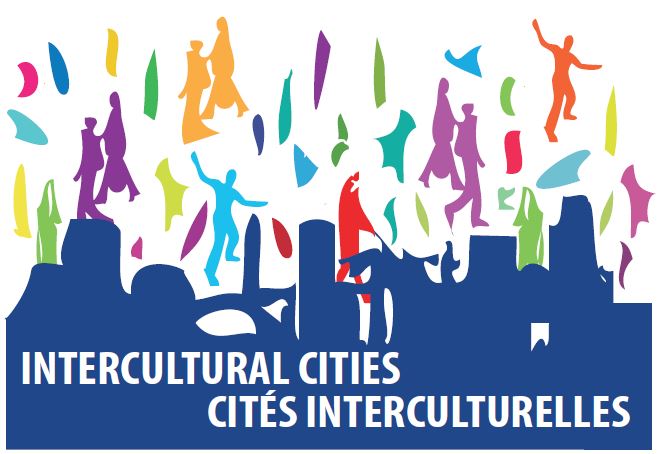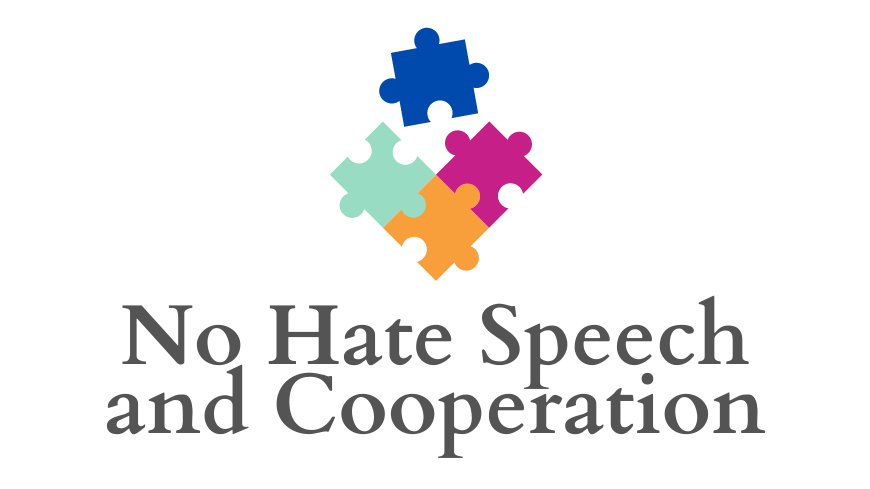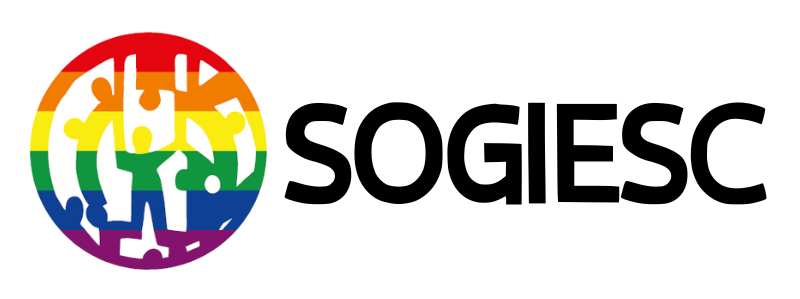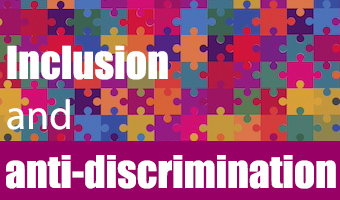In an effort to promote respect and diversity in sports, the Ministry of Civil Affairs of Bosnia and Herzegovina, with support of the European Union and the Council of Europe, organised a workshop in Sarajevo on October 4. The workshop aimed at reducing homophobia and transphobia in sports bringing together 10 participants, including trainers from various sports disciplines, including Paralympic, as well as representatives of the Ministries of Civil Affairs and Human Rights and Refugees.
The initiative alings with the planned activities outlined in the first LGBTI Action plan for Bosnia and Herzegovina (2021 – 2025), adopted in 2022, and reflects a commitment to addressing discrimination against the LGBTI community in sports. In addition, it adheres to the European Commission against Rasicm and Intolerance’s (ECRI) General Policy Recommendation 12, which emphasise the role of sports in promoting diversity and combating discrimination.
Key discussion at the event focused on challenges faced by LGBTI athletes, particularly transgender and intersex individuals, and highlighted stigmatization and lack of inclusion within the sports community in Bosnia and Herzegovina.
Participants agreed that fostering inclusivity in sports remains an urgent priority, and that opening conversations around these issues is crucial to breaking down barriers.
This capacity building was organised with the support of the action "Towards an equal, inclusive and tolerant Bosnia and Herzegovina", which is implemented within the framework of the joint programme of the European Union and the Council of Europe "Horizontal Facility for the Western Balkans and Türkiye".







